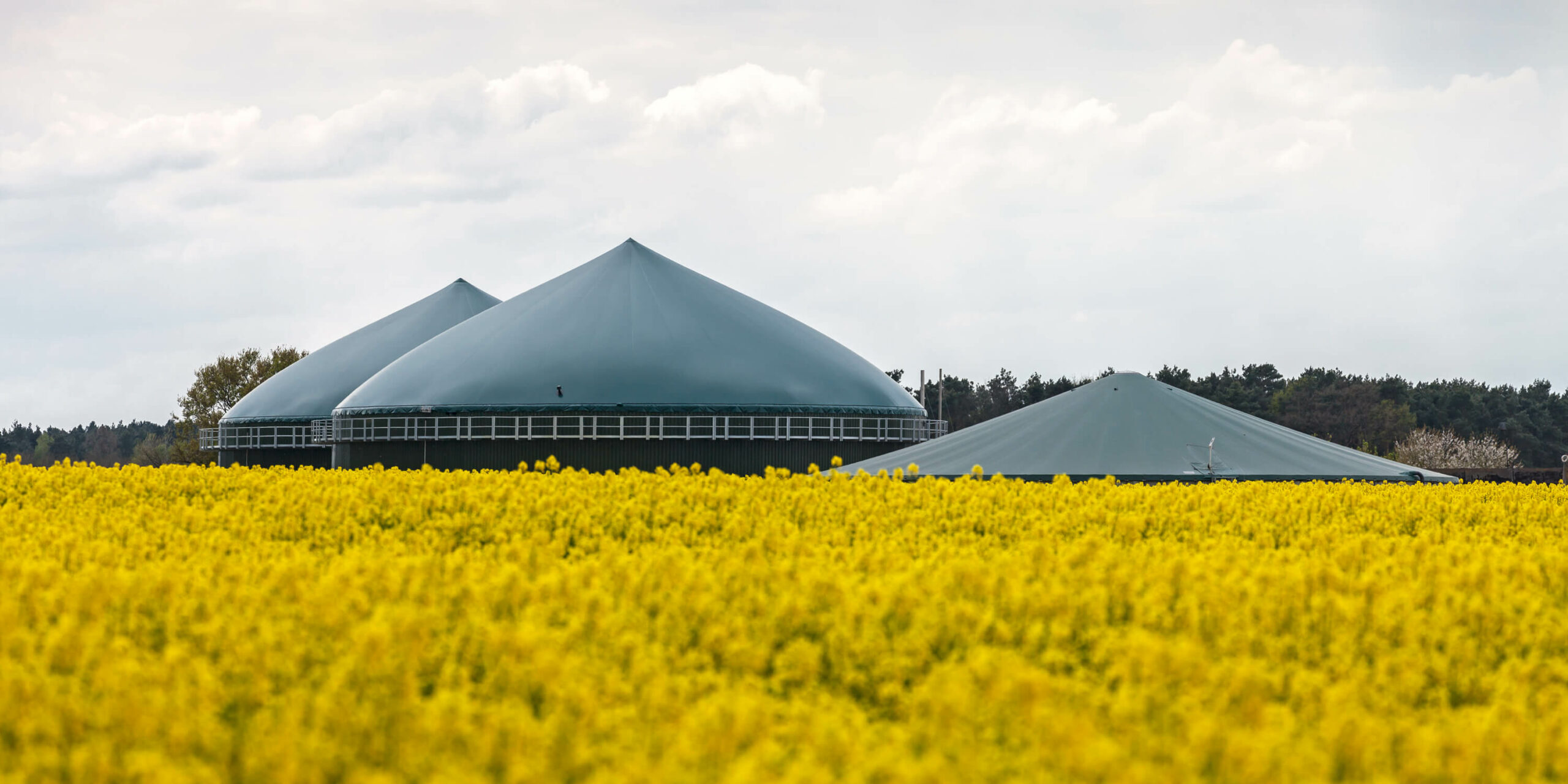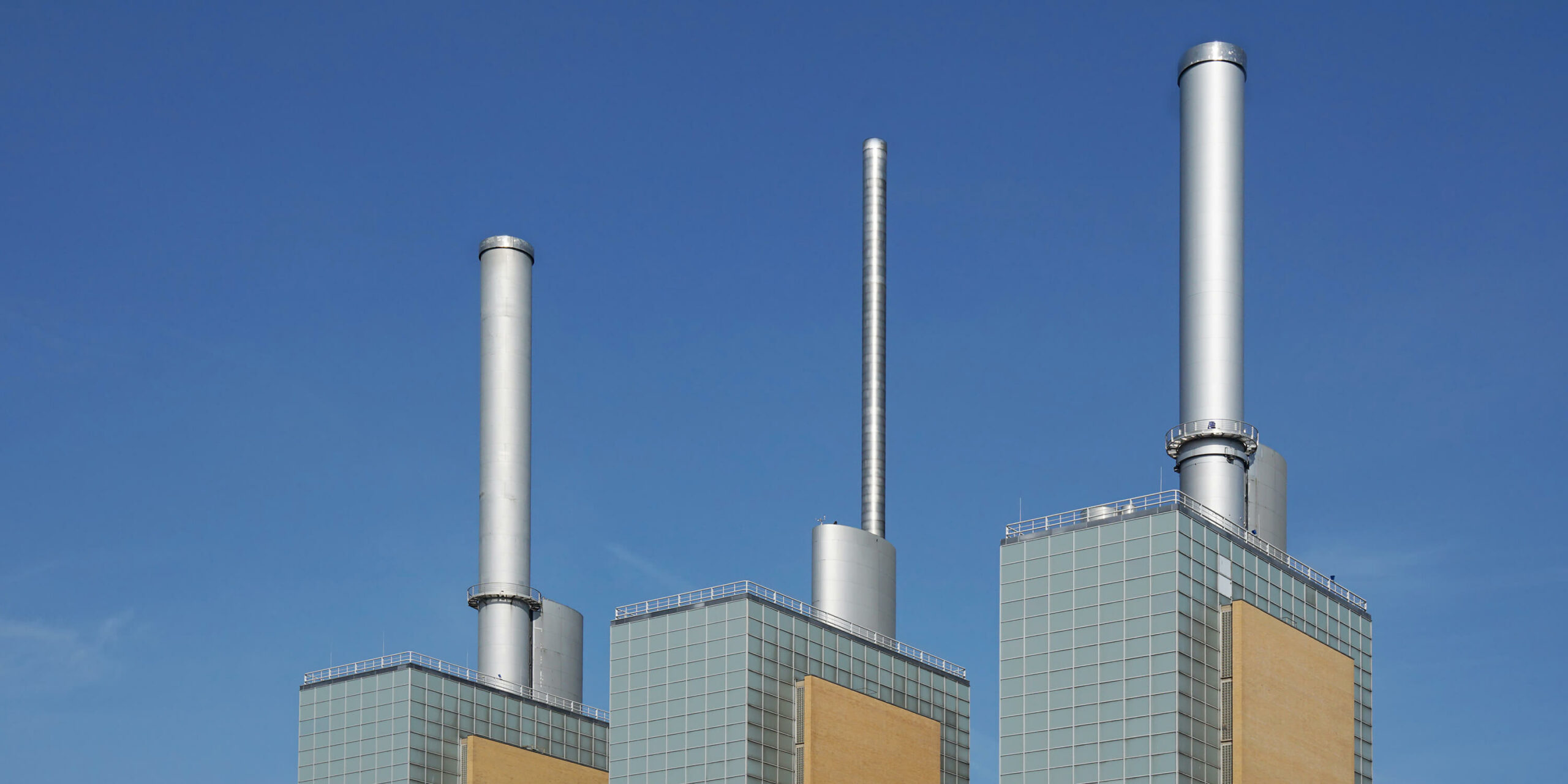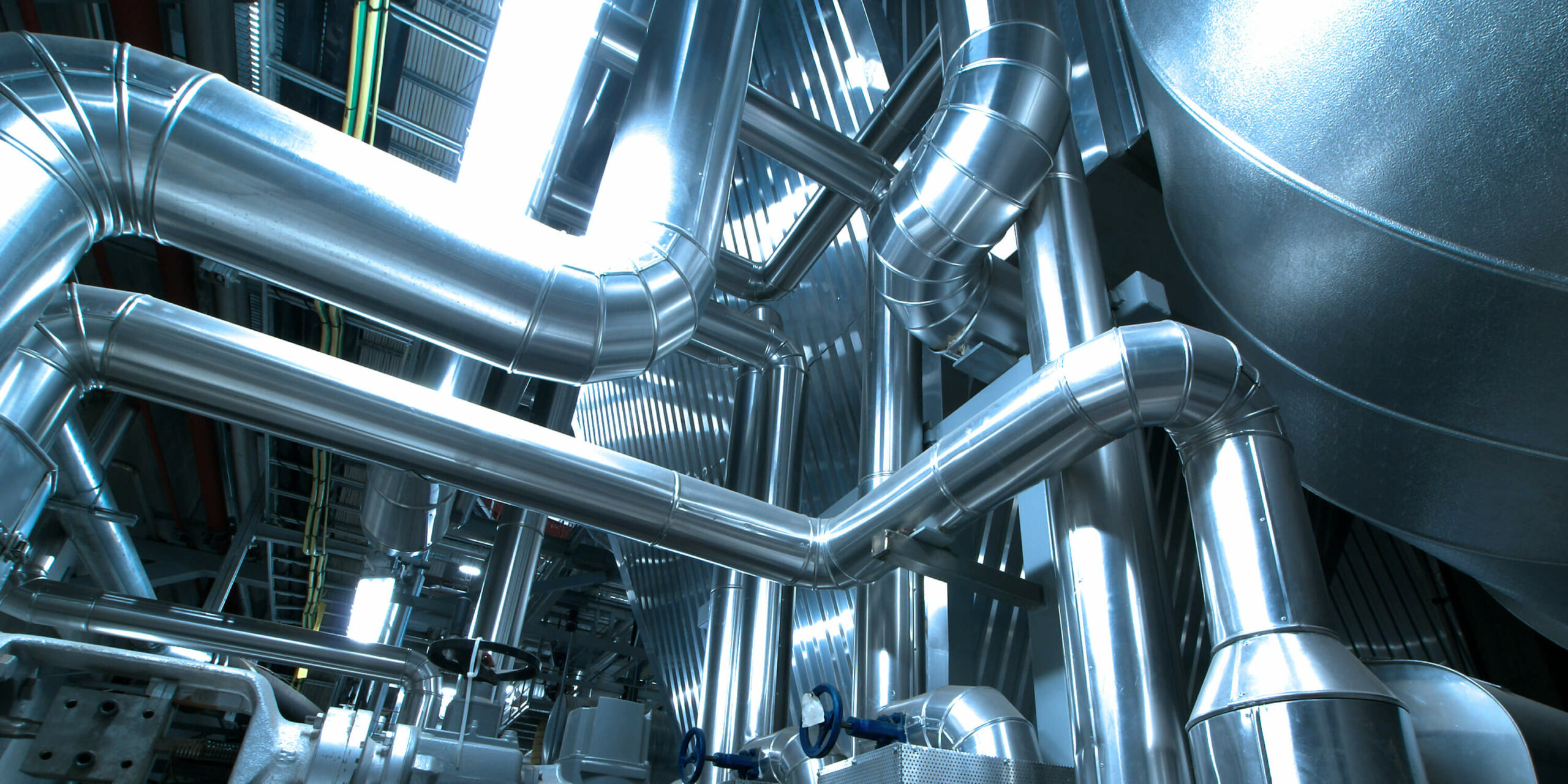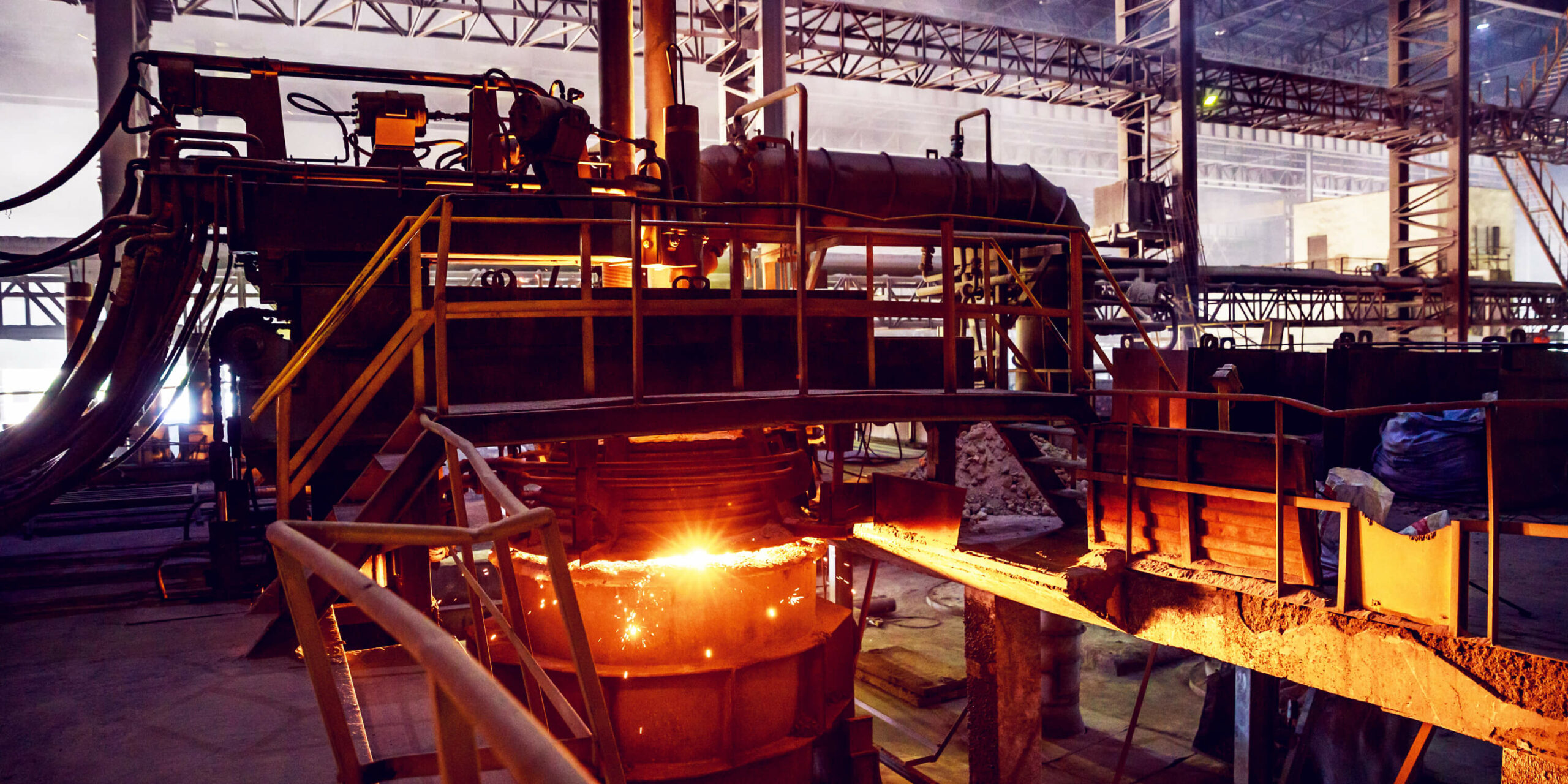Data Centre
Data Centre
Assured operation to protect sensitive data

As our world becomes increasingly digitalised, data centres process, distribute and store valuable data. To ensure they can operate, they require a high-performance and uninterrupted power supply.
How can future data centres work effectively and securely while simultaneously improving their energy balance and environmental impact?
To meet the constantly growing demand, reducing emissions is a requirement and, in the medium-term, will become unavoidable. Stricter legal regulations and regional air purity directives are already demanding this throughout the world. For decades, APROVIS has been an experienced specialist in exhaust after treatment (EAT) systems for stationary engines.
DIESEL EMERGENCY POWER SUPPLY
MODERNISATION OF EXISTING SYSTEMS
The use of diesel-powered emergency power systems in data centres is currently around 90%. Their function and reliability is long established and they are set to be an important transitional technology in the coming years. However, meeting the defined limits for carbon, nitrogen, and soot particles, as well as the resulting noise emissions, presents a problem for these systems (without upgrades). APROVIS helps to optimise operation of diesel emergency generating systems before conversion from diesel to natural gas or hydrogen becomes relevant. Thanks to tailored overall solutions and in close consultation with operators, soot particles can be filtered, nitrogen oxide emissions minimised and noise reduced. This enables data centres to retain their existing emergency power supply but makes them fundamentally more sustainable.
DATA CENTRES: REDUCING EMISSIONS AND CUTTING NOISE
- Very short upgrade time
- Lower air pollutant emissions
- Less noise pollution
- Heat recovery/combined cooling, heat and power (CCHP/Trigeneration) possible
- Tailored system solutions for small up to hyper scale data centres
APROVIS’s expertise in the exhaust system after the engine delivers high-efficiency energy recovery, lower emissions and reduced noise.
- Silencers
- SCR catalysts
- Diesel particulate filters
- Exhaust gas heat exchangers/steam generators for provision of heat/cooling
- Chimneys
- Space-saving combinations of individual components
EFFECTIVE HEAT RECOVERY
DATA CENTRES ARE DEMANDING AND COMPLEX
APROVIS IS A LEADING SPECIALIST AND A RELIABLE PARTNER FOR DEVELOPING YOUR ENERGY STRATEGY
Our world is becoming increasingly digitalised. We are playing our part in this trend and want to grow with it. APROVIS aims to generate forward-looking solutions that facilitate extremely secure and sustainable operation of data centres.
APROVIS offers data centres:
- Operational reliability
- Cost efficiency
- Exhaust after treatment (EAT) systems to reduce emissions and noise
- Consideration of residents living close to data centres
- Turnkey exhaust systems and on-site integration
- Customised system solutions
- Energy efficiency and sustainability
Towards a greener future with APROVIS
The European Union is aiming to be climate neutral by 2050, as set out in the EU Green Deal. It’s an ambitious target and data centres are committing to play their part. Operators of data centres and industry associations have voluntarily agreed to be operating climate neutral data centres by 2030. As a high-tech company, APROVIS can support you on your way to combining digital progress with environmentally sustainable technology.
FROM DIESEL EMERGENCY POWER SUPPLY TO HYDROGEN CHP UNITS
Natural gas CHP units are equally well suited for emergency power generation in data centres. Most gas engines already guarantee easy conversion for future operation with hydrogen.
Use of waste heat for cooling is easier and significantly more efficient with a natural gas / hydrogen CHP unit than with a diesel engine.
Compared to diesel, using natural gas and, especially, hydrogen has the advantage of producing fewer emissions and greenhouse gases. Exhaust after treatment from APROVIS brings a further significant improvement in this effect.
Gas motors are smoothing the way for data centres to switch to “green hydrogen” as soon as the energy source has reached market maturity.
What are your requirements?








